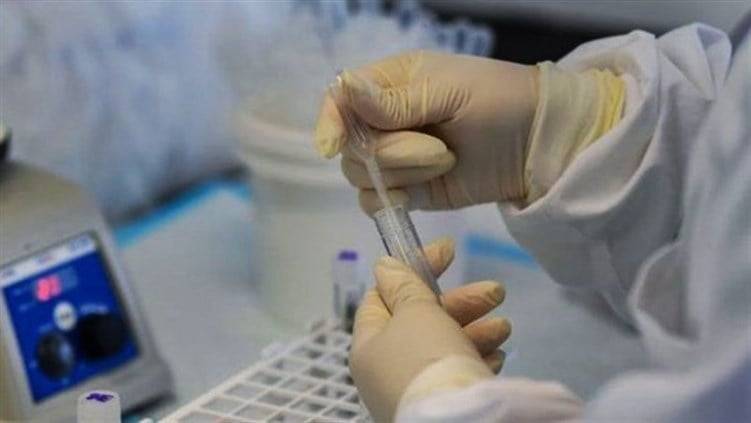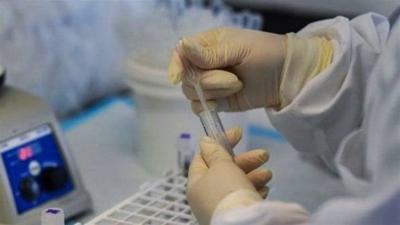From the heart of Siberia, a team of Russian scientists is working to awaken ancient viruses, raising fears of a potential unfortunate incident that could lead to a new pandemic. Scientists at the "Vector" research center in the Novosibirsk region of Russia are analyzing the remains of woolly mammoths, woolly rhinoceroses, and other Ice Age animals to identify and revive prehistoric viruses, also known as fossil viruses. The animals are almost perfectly preserved in the frozen ground of Yakutia, a vast region in northeastern Siberia where winter temperatures can drop to 55 degrees Celsius below zero. The research, which began last year, aims to determine how these viruses evolved.
According to a report by the British newspaper "The Times," the Vector Research Center, which specializes in virology, was previously a Soviet biological weapons laboratory. It is one of 59 biological labs in the world with the highest level of security and one of two (the other in America) authorized to retain samples of the deadly smallpox virus. However, the reputation of the heavily guarded Russian lab has been tarnished following a number of incidents. In 2019, a fire broke out at one of its facilities, injuring a worker and shattering some windows; at that time, the institute denied any virus leakage.
The report adds that in 2004, a researcher died after accidentally pricking herself with a needle containing the Ebola virus. In this regard, French Professor Clavery stated, "I would not be completely confident that everything has been updated at the Vector Institute." Like all high-security laboratories that contain deadly viruses, the Russian lab is periodically inspected by the World Health Organization, and its latest report in 2019 found no major concerns. However, the WHO team was unable to practically monitor the researchers in the lab due to the facility being closed for "scheduled maintenance." Cooperation between Western scientists and Moscow has largely frozen since the onset of the Russian war on Ukraine.




